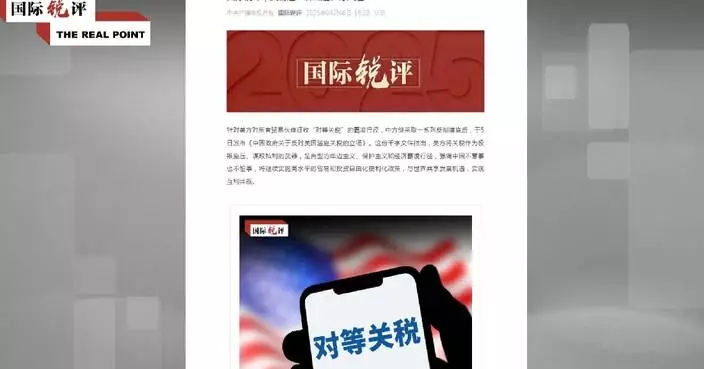Hong Kong’s stock market saw a sharp rise in both the number of newly listed companies and the total IPO fundraising in the first quarter of the year, the latest data from the Hong Kong Exchanges and Clearing Limited (HKEX) showed.
The number of newly listed companies on the HKEX reached 16 in the first quarter, up 33 percent year on year, mainly covering such sectors as consumer goods, new energy vehicles, and medical and health care.
The funds raised by the listed companies on the HKEX also saw a significant increase. IPO fundraising in the first quarter reached about 18.214 billion Hong Kong dollars (2.34 billion U.S. dollars), surging 281 percent compared to the same period of last year.
"In the first quarter, Hong Kong's stock market saw rapid growth in the number of new IPOs and the funds raised, placing it among the global leaders. Companies in sectors such as consumer goods, new energy, and artificial intelligence have increasingly chosen to list on the Hong Kong exchange. This surge makes more investors to feel confident in the future growth of Hong Kong-listed companies and recognize the market's investment potential. The trend will further solidify Hong Kong's status as an international financial center," said Wang Kai, chief strategy analyst at Guosen Securities.
At the same time, an increasing number of listed companies on Chinese mainland’s A-share market are exploring dual listings in Hong Kong, aiming to expand their global presence and attract international investors.
Among the 16 newly listed companies in Hong Kong during the first quarter, one was already listed on the A-share market. Additionally, 33 more listed companies on the A-share market have announced plans to list on the HKEX this year. Many other such companies have chosen the global financial hub as the listing destination for their subsidiaries.
"Recently, more listed companies on the A-share market have shown the intention for dual listings in Hong Kong. Many of them are leaders in promising sectors. Listing in Hong Kong will help them accelerate their global expansion and tap into international markets. The dual listing will also enable them to leverage resources from both markets, facilitating easier fundraising and faster growth. Meanwhile, more international investors can get the opportunities to invest in and benefit from China's economic growth," said Yang Chao, chief strategy analyst at China Galaxy Securities.
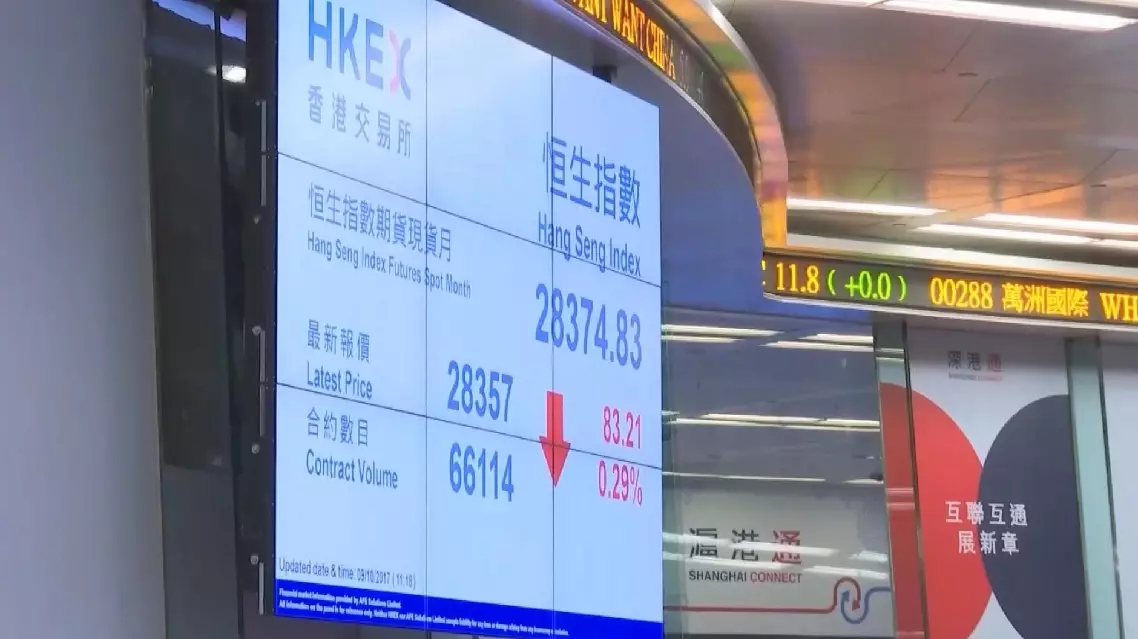
Hong Kong’s stock market sees surge in new listings and IPO fundraising in Q1
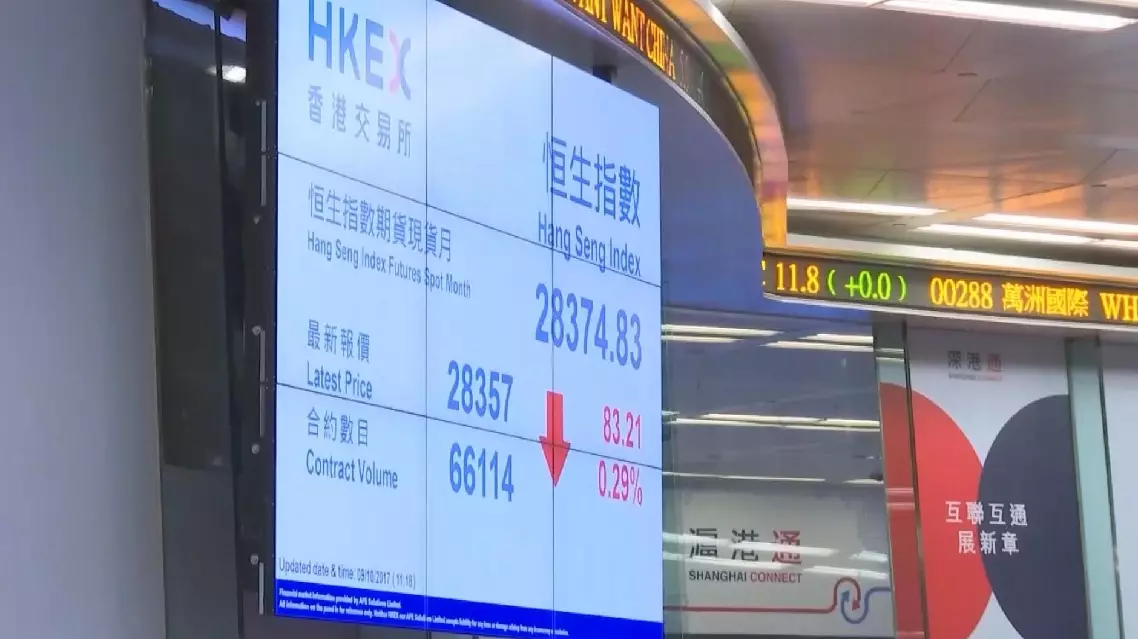
Hong Kong’s stock market sees surge in new listings and IPO fundraising in Q1
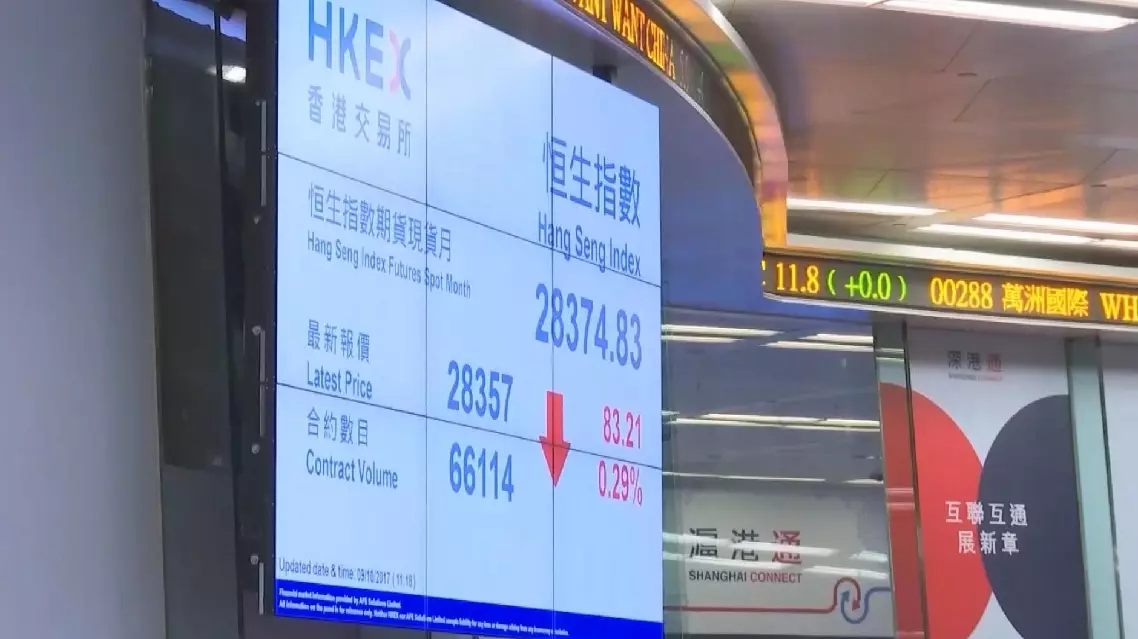
Hong Kong’s stock market sees surge in new listings and fundraising in Q1
A 25 percent import tariff on all foreign-built vehicles entering the United States has raised serious concerns for manufacturers in South Africa.
Automotive giants like Mercedes and BMW have long used South Africa as a base for global exports -- but those plans may be shifting into reverse gear after the U.S. announced the punitive measures.
"If you take, for example, BMW, 97 percent of the X3 that we are producing in Rosslyn is exported out of the country. We only sell 3 percent in South Africa, and there's a huge number of those vehicles that also go into the U.S. So there are companies in South Africa that are purely here not because they are selling vehicles in South Africa; they are here to produce vehicles for the global market, and it's important for them to remain globally competitive," said Mike Mabasa, CEO of the National Association of Automobile Manufacturers of South Africa.
U.S. automaker Ford, which has deep roots in South Africa, is also in the crosshairs.
The company recently invested over 300 million U.S. dollars to upgrade its Silverton plant in Pretoria, South Africa, for the production of the world's only plug-in hybrid Ranger, which has just entered production but could face delays or restrictions.
"If an American citizen wants to buy specifically a Ford Ranger that is a plug-in hybrid, they can only place an order in South Africa, nowhere else in the world. So, that means, obviously, the capacity of Ford to be able to produce those vehicles in big volumes is going to be constrained, because Americans are going be looking at another Ford that is produced in another country, or even in the United States," said Mabasa.
South Africa has long enjoyed duty-free automotive exports to the U.S. under the African Growth and Opportunity Act, but that relationship now hangs in the balance.
A sharp shift in U.S. foreign policy threatens to derail an industry that employs thousands and contributes around 5 percent to the country's economy.
"We produce less than 1 percent of global automotive vehicles, so to say. So, in reality, the impact on us is likely to be more disproportionate than those of our peers that produce at the same level. And the risk is actually created -- a concentration risk -- in countries that have greater capacity and are building more; in those countries will be able to absorb some of this," said Parks Tau, South Africa's minister of trade and industry.
Amid growing concerns about overreliance on the U.S. market, Amith Singh, national manager for manufacturing at Nedbank Commercial Bank, emphasized the importance of tapping into regional trade opportunities.
"I think we need to make better use of some of our local agreements, our African continental agreements. How do we leverage that? How do we partner with the government and private sector to start benefiting the countries and the economies aside from the United States? So, those could be the catalyst to drive our localization projects; it could be what we need to drive the African economy as opposed to being completely reliant on the States (United States)," he said.
South Africa is for now standing firm in its decision not to retaliate against steep U.S. import tariffs, set to take effect in just a few days.
Officials in Pretoria acknowledge the challenges posed by the current U.S. administration but are pursuing a diplomatic approach in hopes of maintaining stable relations and preserving the African Growth and Opportunity Act.
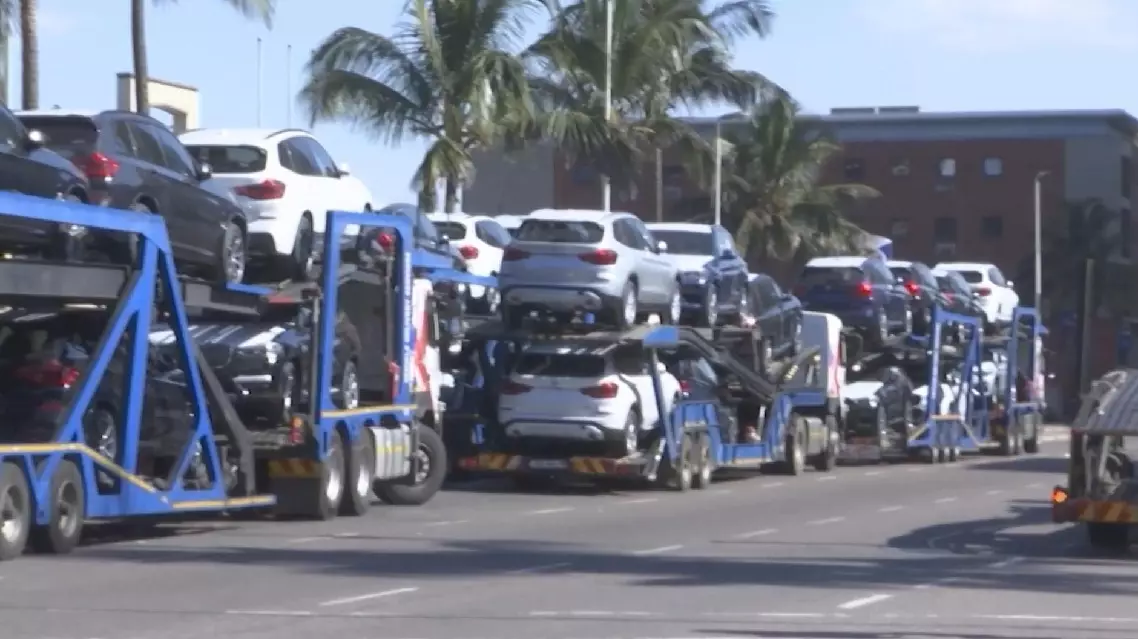
US tariffs rock South Africa’s auto industry







